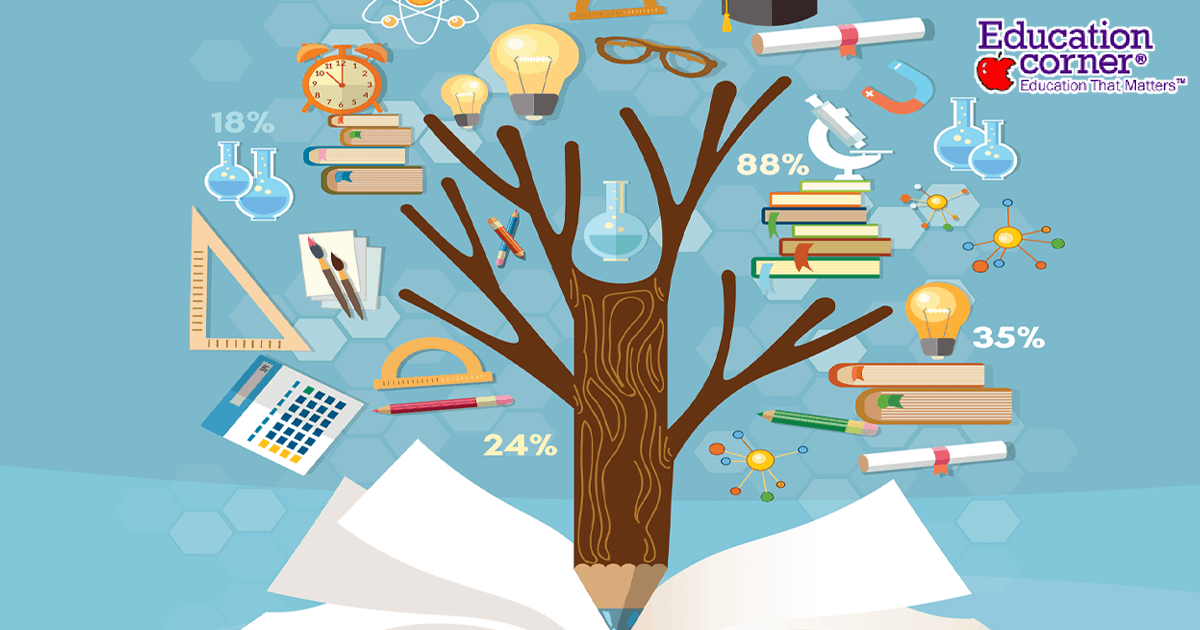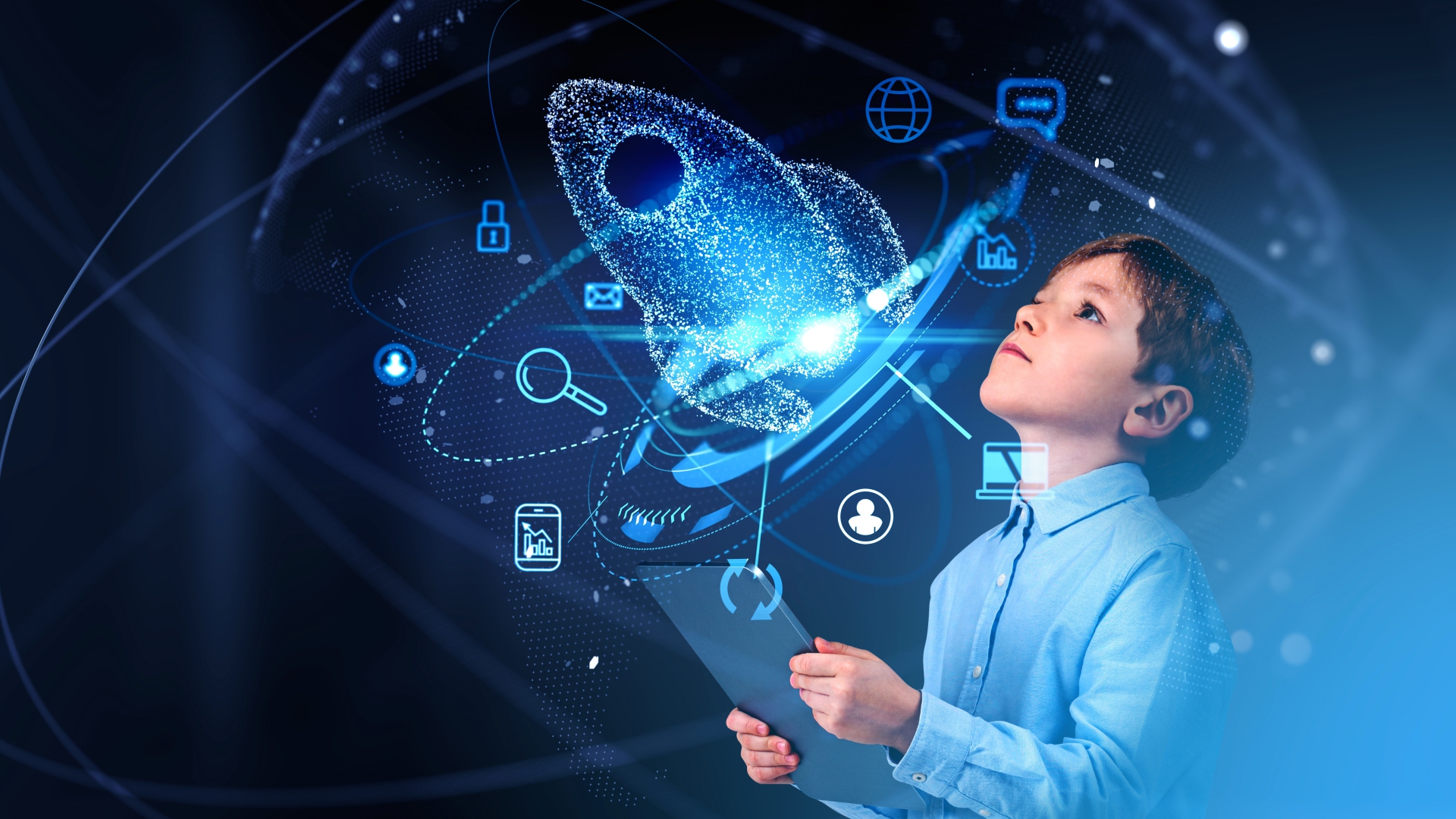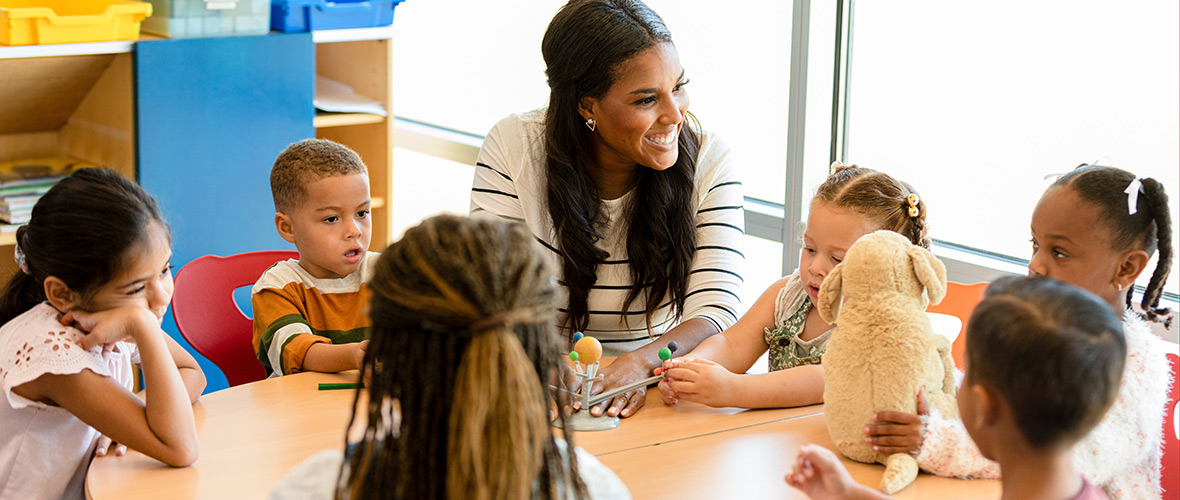Education - Shaping Lives And Futures
The idea of learning, of growing through what we are taught, truly stands as a central part of being human. It is, in a way, the very action of sharing what you know, or receiving information yourself, that helps us become who we are. This process, which can happen at any point in our lives, helps us gain new perspectives and skills.
This path of gaining knowledge, perhaps in a school building or a place of higher learning, gives us so much more than just facts. It gives us ways of thinking, methods for solving problems, and a broader outlook on the world around us. Actually, it is about building a foundation for a life that feels full and meaningful, not just for getting a good job, though that can be a nice benefit.
This discussion looks at what education means and how it shows up in many different forms. It also highlights how important these various ways of learning are for helping people grow in every part of their being, from their thoughts to their actions. You know, it really helps people feel more complete.
Table of Contents
- What is the true spirit of education?
- How does education help us grow?
- Who helps make education happen?
- What part does education play in society?
- Is quality education a basic human right?
- How does education look in different places?
- What is the meaning of education in different settings?
- The Future of Education - What's Next?
What is the true spirit of education?
When we talk about what education truly means, we are really speaking about the act of teaching someone or the experience of being taught. It is, you know, a continuous process, not just a single event. This involves the sharing of information, the practice of new abilities, and the slow gathering of wisdom. For instance, a child learning to read or an adult picking up a new skill for their work are both very much part of this broad definition.
A stage in this path of learning, like going through elementary school or finishing a college degree, marks specific periods of gaining knowledge. Each step builds on the last, adding layers to what a person knows and can do. So, it is almost like building a tall structure, brick by brick, with each brick being a new piece of learning or a new way of thinking.
How we put education into words, how we talk about it in a sentence, shows how deeply it is woven into our everyday talk. It is a concept we use often, describing everything from formal classroom settings to moments of personal discovery. Really, it is a word that carries a lot of weight because it points to something so fundamental about how people improve themselves.
- Dass 393
- How Many Children Did Elizabeth Taylor Have
- Jason Weaver Wife
- Ariana Grande Homewrecker
- What Is A Bubba Truck
How does education help us grow?
The act of teaching or learning, especially within the walls of a school or a place of higher study, gives people a wealth of facts and practical know-how. This knowledge, picked up in these settings, becomes a part of who someone is. It is not just about memorizing things; it is about making connections and seeing the world with fresh eyes. You know, it is about growing your mind.
Education has the ability to help form a person's entire existence, both when they are sitting in a classroom and when they are out living their daily life. It shapes their outlook, their choices, and how they interact with others. This influence extends far beyond textbooks and lectures, touching every corner of a person's experience. It helps them figure out who they are, which is pretty important.
A good quality education can certainly set the stage for a successful working life. It gives people the tools they need to do well in many different jobs. But that is, like, far from the only reason it matters. It also helps people think for themselves, understand complex ideas, and contribute to their communities in meaningful ways. So, it is about more than just getting a paycheck; it is about living a full and active life.
This discussion looks into what education means and how it is described, pointing out its many different kinds and how important they are for helping someone grow in a complete way. It considers how various types of learning experiences help someone develop their mind, their feelings, and their social abilities. Basically, it is about helping someone become a well-rounded individual, which is good for everyone.
Who helps make education happen?
For some people, earning a first degree in education is just the initial step towards a higher degree and a future where they might lead a school or a district. These individuals are often driven by a desire to make a bigger impact on how learning happens for many students. They see themselves as future guides for the systems that help young people learn and develop. It is a big responsibility, you know.
Education.com offers a special mode for children with its premium membership. Kids can move through carefully arranged games, songs, stories, and exercises within what they call "guided lessons." This setup helps them build important skills and gain self-assurance. It is a way to make learning feel like fun, which is, in some respects, very effective for young minds.
Children can explore the resources on their own, or an adult can pick out specific things to give to each child. This flexibility allows for learning that fits each child's unique needs and interests. It means that whether a child prefers to discover things on their own or needs a bit more direction, the tools are there to support their personal learning style. That, you know, makes a difference.
The United States' main agency for education, often called Ed, works to help students pay for their schooling, supports families, and provides educators with the things they need to do their jobs well. This agency also works to keep students' rights safe and makes sure that everyone in the country has a fair chance to get an education. It is a really important role they play for the country's young people.
ERIC, an online collection of education research and facts, is supported by a part of the U.S. government that studies education. This resource helps teachers, researchers, and anyone interested find out more about what works in teaching and learning. It is a place where a lot of valuable information is kept, making it easier for people to learn from past studies and discoveries. It is, quite frankly, a treasure trove for those who want to understand more about how people learn.
In Canada, there are government bodies that deliver learning for very young children, provide care for kids, and offer publicly funded education from the first year of school up to the last year of high school. This wide range of services shows a commitment to providing learning opportunities from a very early age through to the end of secondary schooling. It is a system designed to support children as they grow through their school years, which is pretty comprehensive.
Platforms like YouTube allow people to look at videos, collections of videos, and channels. This platform helps share and discover content all over the world. While not strictly a formal education tool, it has become a place where people can learn about countless subjects, from how to fix something to understanding complex scientific ideas. It is, in a way, a vast informal school for many people.
Education Scotland, a group that works for the Scottish government, is in charge of helping improve the quality of education in Scotland. Their work involves supporting schools and teachers to make sure students get the best possible learning experiences. They play a key role in shaping how young people in Scotland learn and develop, which is, you know, quite a responsibility.
There are also specific online spaces for parents connected to primary, middle, and high school levels. These spaces help parents stay connected with their child's learning journey and get important information. They serve as a link between the home and the school, helping parents be more involved in their child's academic life. It is about making sure parents have the information they need, which is really helpful.
The Ministry of Education, often called MOE, creates and puts into action plans for teaching and training. They set the rules, make the study plans, handle tests, and approve new universities. This ministry is also in charge of running universities, places for higher learning, and other research spots. They also look after primary schools, schools for students with special needs, and high schools. It is, basically, a very busy group, overseeing many parts of the learning system.
What part does education play in society?
A way of describing and talking about education suggests it is the careful, hopeful, and respectful growing of learning and change. This is done with the belief that everyone should have the chance to take part in life. It is about helping people develop their abilities and understanding in a way that respects their individual worth and potential. This outlook sees learning as a path to a more fair and open society, which is, honestly, a beautiful idea.
One person, Mark K. Smith, looks at what education means and suggests it is a process of being with others and inviting truth and possibility. This idea points to the social side of learning, where people learn from each other through shared experiences and discussions. It is about opening up to new ideas and ways of seeing the world, often through the help of those around you. So, it is not just a solitary pursuit; it is a shared experience.
Is quality education a basic human right?
A document states that education has a very important role in helping individuals and groups of people grow. It gives them the facts, the abilities, and the good qualities they need for their personal lives. This means that learning is not just a nice thing to have; it is something that helps people stand on their own feet and contribute to the world around them. It is, you know, a foundational element for a good life.
It is a basic human right, something every person should have. In 147 countries across the globe, UNICEF works to provide good learning chances that prepare children and young people with the facts and abilities they need to do well. This effort shows a global commitment to ensuring that no child is left behind when it comes to getting an education. It is about making sure every young person has a fair shot, which is really important.
Getting a good education and learning skills must be fair and open to all children and young people, no matter who they are or where they live. This idea stresses that learning should not be limited by someone's background, where they come from, or any challenges they might face. It is about creating a level playing field for everyone, so everyone has the chance to learn and grow. That, in some respects, is what fairness looks like in learning.
Education changes lives and sits at the very heart of UNESCO's work to build peace, end poverty, and help things grow in a way that can last. It is a human right for everyone throughout their life. This group is the only one among the United Nations agencies that has the job of covering all parts of education. It has been given the task of leading the global education plan for 2030, which is part of a bigger goal for lasting progress. So, they have a very wide-ranging and significant role.
Education is also very important for helping people get along and helps create societies that are more peaceful. When people learn about different cultures and ways of thinking, they tend to be more accepting and understanding. This leads to fewer disagreements and more cooperation, which makes for a calmer and more settled world. It is, you know, a way to build bridges between people.
To reach the goal of education for all, money for learning must become a top national spending choice. This means that countries need to put a high value on funding schools, teachers, and learning programs, seeing it as an important investment in their people and their future. It is about recognizing that spending on learning pays off in many ways for everyone in the long run. Basically, it is about putting your money where your future is.
How does education look in different places?
Learning in India includes many different levels and kinds of teaching, such as early childhood learning, primary learning, secondary learning, higher learning, and job-specific training. This wide variety shows how learning is structured to meet different needs at various points in a person's life. It means there are many paths someone can take to gain knowledge and skills.
The way learning is provided changes quite a bit based on many different things, like whether a place is in a city or the countryside, if it is for boys or girls, what social group someone belongs to, their religious beliefs, the language they speak, and if they have any physical challenges. These differences mean that the experience of learning can be very distinct for different people, showing how local conditions shape how education is given and received. It is, you know, a complex picture.
What is the meaning of education in different settings?
The meaning of education, in its most basic form, is the activity or method of teaching or being taught. This simple idea stretches across all places where learning happens, from a small family home to a large university lecture hall. It is about the exchange of knowledge and the growth that comes from it, no matter the setting. That, in some respects, is a very broad definition.
A stage of such a process, like moving from one grade to the next or completing a specific course, shows the progress someone makes in their learning. Each stage builds on the last, adding new layers of understanding and new abilities. It is almost like climbing a ladder, with each rung representing a new level of accomplishment in one's learning journey.
How to use the word "education" in a sentence can vary greatly, showing its many uses in our daily talk. We might talk about "getting an education," or "the education system," or "an education in life." Each use points to a different side of this important idea, showing how it fits into many parts of our lives. So, it is a word that means a lot of different things, depending on how you use it.
The process of teaching or learning, especially in a school or college, or the knowledge that comes from it, is a common way to think about education. This points to the more formal side of learning, where structured lessons and specific subjects are taught. It is about getting a set body of information and a way of thinking that helps you in the world. Basically, it is about what you pick up in a classroom.
Education can shape a person's life, both inside the classroom and outside of it. This means that what someone learns in school does not just stay there; it goes with them into their everyday experiences, influencing their decisions and how they see the world. It helps form their character and their future path, which is, honestly, a huge impact.
A good quality education can lay the groundwork for a successful career, but that is far from its only purpose. It also helps people grow as individuals, develop critical thinking skills, and become more engaged members of their communities. It is about building a strong foundation for a full and active life, not just for professional achievements. So, it is about much more than just a job.
The Future of Education - What's Next?
The discussion here explored what education means and how it is defined, showing its many different kinds and how important they are for helping people grow in a complete way. We looked at how learning helps shape individuals and societies, giving them the facts, abilities, and good qualities needed for personal growth and community involvement. It also considered how various types of learning experiences help someone develop their mind, their feelings, and their social abilities.
We also touched upon the role of different organizations and agencies, like UNICEF, UNESCO, and government ministries, in providing and supporting learning chances across the globe. The idea of education as a basic human right and its part in building peaceful societies was also a key point. Finally, we saw how learning varies based on different factors and settings, showing its broad and varied nature.

Why education is important - Darbi Blog

10 Reasons we use Technology in Education | Skill Stork

B.S.E. - Elementary/Early Childhood Education - Degree/Program Listing